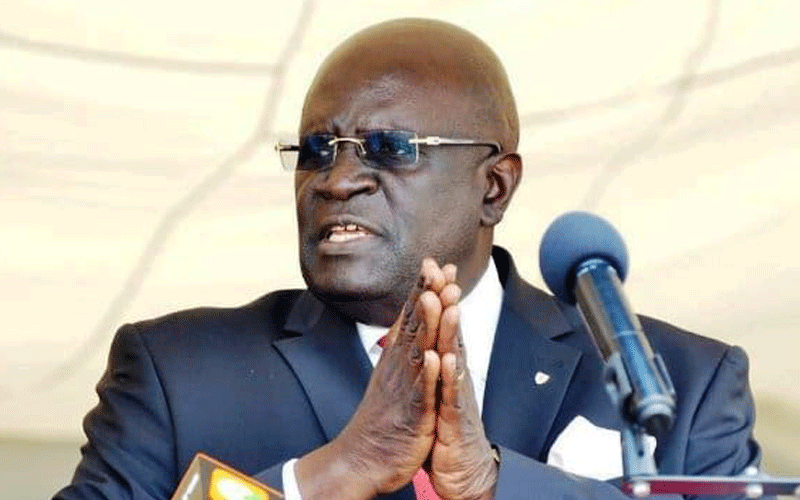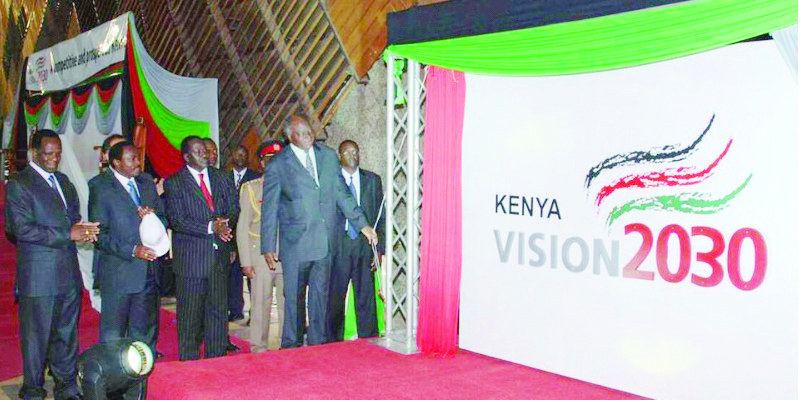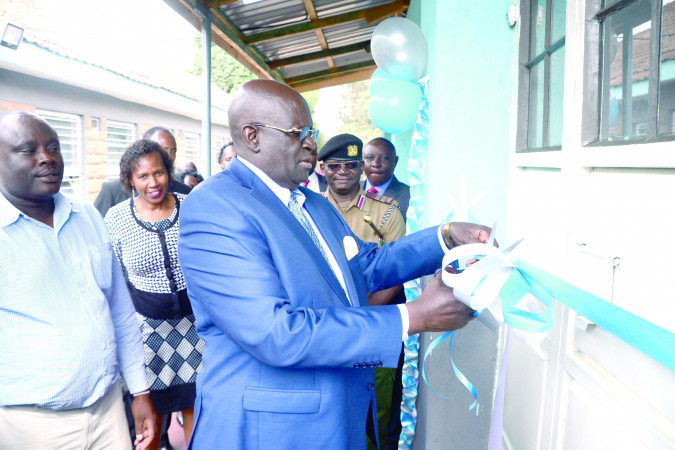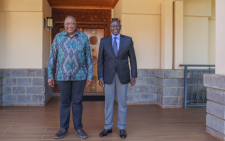Let long-term goals guide varsity courses

A recent report by the Kenya Universities and Colleges Central Placement Service revealed that students had shunned some courses.
This is attributable to the notion that the courses were no longer marketable.
The choices may have also been driven by an erroneous narrative that some courses were of little or no value.
Students did not apply to study social work and community development, peace and conflict, environmental sciences, theology and business administration.
The most preferred courses include medicine, architecture, engineering, dental surgery, pharmacy, computer science, law, quantity survey, nursing, information technology and real estate.
None other than Deputy President William Ruto, a PhD holder, has termed degree courses such as anthropology and history “irrelevant.”
Education Cabinet secretary George Magoha has described some degree as “useless”.
Our universities have indicated that they will weed out programmes they consider irrelevant, saying they were eating into finances that could be spent elsewhere.
While we appreciate challenges of financing university education, we disagree that knowledge in fields such as environment, anthropology and history are no longer valuable.
The main purpose of education is to empower learners with knowledge and skills to enable them to understand and respond to their environment.
This cannot be achieved by exposure to sciences and technology-based courses only, which seem to be emphasised by policy-makers.
That is why we are concerned about reports that the government will stop financing students pursuing degrees considered “not crucial to national development”.
A report prepared by a team of vice-chancellors on reforms in higher education favours programmes that could enable the government to achieve Vision 2030, which is geared towards making Kenya a middle-income economy.
The proposal endorses programmes that are in line with Vision 2030’s three key pillars — economic, social, and political.
While it is the duty of universities to review their programmes to respond to emerging societal challenges and job market needs, we caution that the process should not be based on short-term goals.
Agenda Four and Vision 2010 programmes are time-bound and it will be unfortunate to peg accumulation of knowledge on short-term goals.















